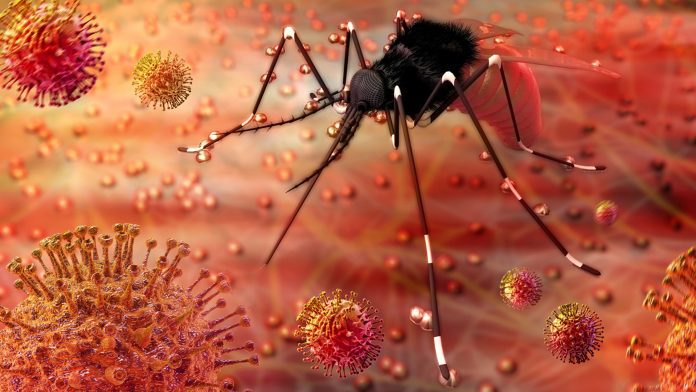
Approximately one-third of babies born to mothers infected with Zika virus during pregnancy are born with abnormalities such as microcephaly, according to new research.
Children born to mothers infected with Zika face an increased likelihood of abnormalities consistent with Congenital Zika Syndrome in their first years of life.
The London School of Hygiene & Tropical Medicine (LSHTM) collaborated with the University of California to complete a pooled analysis of 13 studies on paediatric outcomes from 1,500 pregnancies affected by Zika virus during the 2015-2017 epidemic in Brazil.
The findings have been published in The Lancet Regional Health – Americas.
The link between the microcephaly and Zika virus epidemics
In 2015, a microcephaly epidemic also emerged in Brazil. Microcephaly is a birth defect in which a baby’s head is smaller than expected and has been linked to exposure to the Zika virus. The simultaneous emergence of both epidemics has strengthened the association between the two conditions.
Previous studies on adverse pregnancy outcomes following Zika infection have been limited by small sample sizes, high variability between estimates and reliance on routine surveillance data.
In this study, the researchers examined data on the offspring of 1,548 pregnant women with confirmed prenatal infection from 13 cohort studies in the Zika Brazilian Cohorts Consortium.
Functional neurological impairments such as neuroimaging abnormalities, alterations in hearing and vision, and microcephaly were frequently observed in the analysis. These results suggest that congenital abnormalities were more likely to present in isolation. Less than 0.1% of exposed offspring experienced two abnormalities simultaneously.
The risk of offspring suffering from microcephaly was found to be approximately 2.6%, increasing to 4.0% in early preschool years. This risk remained consistent throughout all the studies and no apparent variation according to socioeconomic conditions was observed by the researchers.
Zika infection in pregnancy is likely to cause abnormalities
“These results highlight the importance of having multi-disciplinary health teams available near the time of birth to evaluate children with prenatal exposure to Zika virus exposure and to refer them, as needed, to specialized follow-up care that can provide support for known disabilities and diagnosis of late manifestations,” said Professor Ricardo Arraes de Alencar Ximenes, lead author of the study from the Federal University of Pernambuco in Brazil.
The researchers emphasised the need for additional studies with longer follow-up times. They have identified an assessment of the risk of hospitalisation and death for children with microcephaly as they age as a potential avenue of research. The team also expressed an interest in examining the risks of other complications, such as those linked to behavioural or neuropsychomotor development.
“These findings underscore the continued need to develop a safe and effective vaccine for preventing Zika virus infections during pregnancy. While gaps in population-level immunity to the virus persist, the threat of a Zika virus re-emergence remains a concern for public health,” concluded Dr Elizabeth Brickley, co-author of the study and associate professor of Epidemiology at LSHTM.









